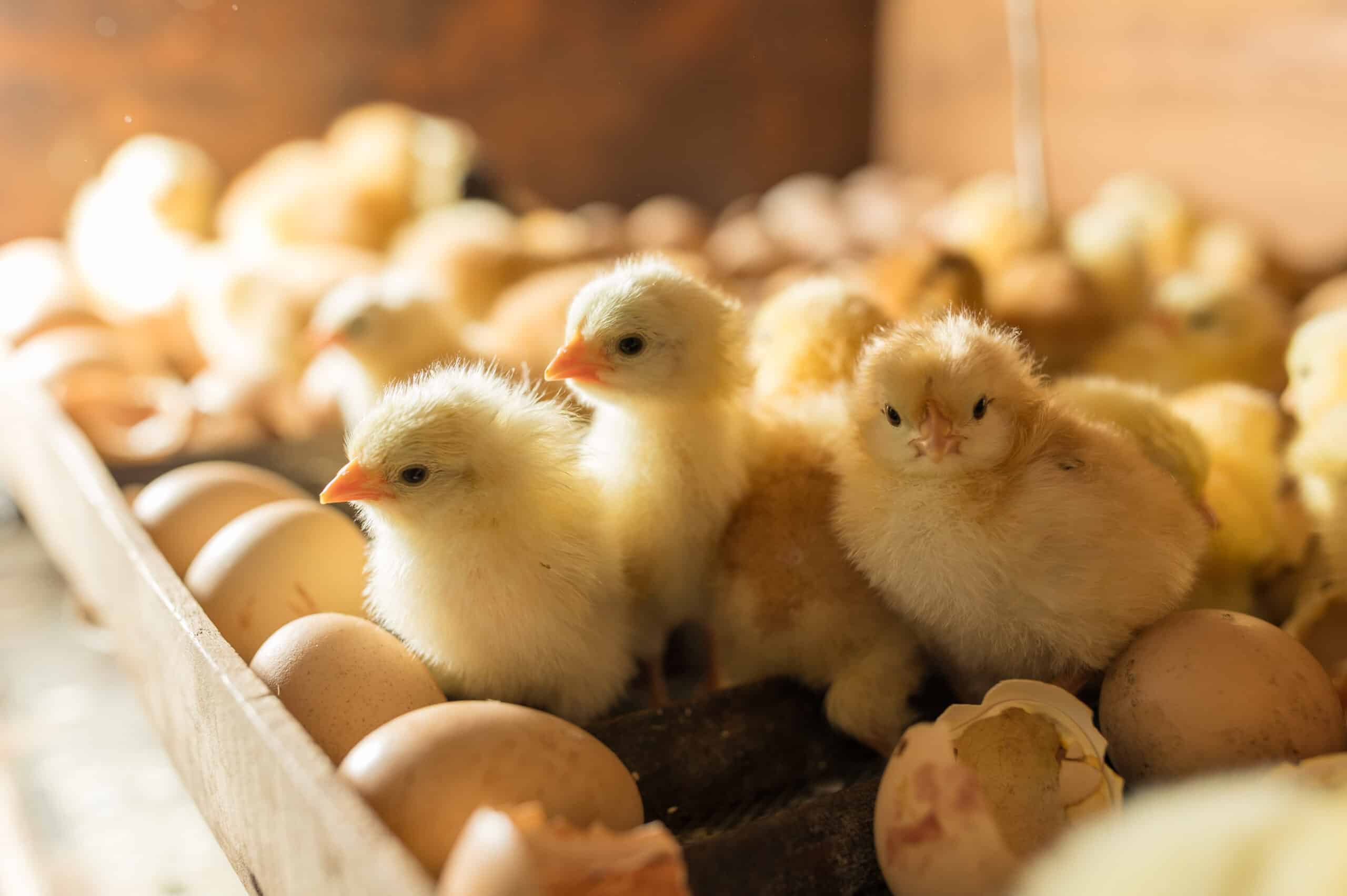Demand for protein is undergoing a period of unprecedented growth presenting opportunities for efficiencies, diversification & innovation.
This growth is driven by a number of factors, including
Population growth and economic development in emerging and developing economies
Growing awareness of the role of proteins in diets and, in particular, the role they can play in muscle building, weight management and reducing the risk of heart disease
The drive from the food industry for increased functionality in the specialist ingredients used in food manufacturing
However, it is not without its challenges. Targeted interventions will be required to improve and sustain protein security. The creation of this protein secure future will require:
Improvements in the nutritional quality of food crops
Promotion of sustainable agricultural practices allied with a supportive policy environment
Enhancing the efficiency of livestock and poultry production
Sustainable agro-biodiversity to ensure sufficient production of food proteins at low costs
The promotion and support of agricultural research to enhance the nutritional quality
Facilitating the expansion of commercial and home fortification techniques to poorer regions
Continuing to explore radical innovations in the production of animal proteins
Support for enhanced cooperation and collaboration among food manufacturers
Challenges and areas to address
The agri-food sector must respond to changing consumer demand within the limits of sustainability. The challenges facing the industry are:
More demand due to population growth coupled with changing preferences and consumption patterns
Production constraints due to limited agri-land resources
The need for sustainability in business practices and supply chains
To overcome this, our research has highlighted some areas to address
1. Socio-economic change
The need to better manage the changing global socio-economic environment and its impact on the total demand. Economic development leads to higher incomes which, in turn, leads to changes in consumer food preferences including the consumption of a greater variety of foods, more processed foods and higher protein diets.
Increased price sensitivity among buyers will lead to increased pressure on the ability of agri-food suppliers to pass on cost increases to their customers.
2. Resource efficiency
The need for new tools and processes that safely optimise resource efficiency in agri-food production. This includes the need to enhance yields and outputs, and lower costs.
The benefits of livestock production over crop production include the higher protein content of meats, eggs and dairy products and the ability of livestock to convert protein sources that humans cannot or will not eat into “usable” protein sources.
However, global production of animal protein is a resource-intensive activity, and livestock production has considerable negative environmental impacts. The introduction of smart farming and food production systems have the potential to alleviate these issues over the coming years and ensure output continues to meet global demand.
Our research shows that technological innovations to increase efficiency in protein production are essential to bridge the protein supply gap.
3. Enhanced nutrition and health
The rise of “health and wellness” and the need for enhanced nutritional and health benefits in food products. This drives up agri-food production costs, starting from the use of safer and cleaner seeds and livestock to produce more environmentally friendly crops.
However, consumers searching for “health and wellness” food products are usually willing to pay a premium for value-added products, especially those that offer more than one solution.
This may only be true for so long, however, as more products with these types of features become available.
To offset these additional costs, food manufacturers need to continue to invest in innovation and technology to address supply chain inefficiencies and bottlenecks, as these issues will only add to production costs and impact downstream pricing.
The opportunity
Many significant changes will be required to meet future protein demand, each presenting a significant opportunity for the global food and agribusiness sector:
Redirecting protein back upstream in the value chain
Up to a third of food production is lost as waste; redirecting this waste back into the value chain, where possible, can have significant economic and environmental benefits.
Greater use of plant-based protein sources
Developing substitute protein sources that are not only nutritionally beneficial but also meet consumers’ preferences in terms of taste and texture represents a massive opportunity for the protein industry.
Increasing the use of novel protein sources
Waste streams from food processing such as whey protein, by-products from the vegetable oil industries, potato protein or by-products or co-products of biofuels such as distillers’ grains or jatropha are expected to offer more opportunities in terms of protein sources and supplies in the face of growing demand.
Outlook and future progress
Increasing the sustainability of the protein supply chain will require continuous incremental improvements to existing structures and operations and multi-sectoral collaboration to aid progress towards a protein secure future.
Increasing livestock biodiversity: Enhancing the quality and the variety of foods consumed worldwide. Doing so will go some way towards meeting critical nutrient gaps with regards to protein.
Agricultural policies & regulation: Continuous advancements in agri-food innovation and the application of new technologies will require a supportive agricultural policy environment.
Improving plant and animal breeding to enhance yields and protein quality: Africa has an abundance of unexploited agricultural resources which can be developed to increase sustainability in the protein supply chain. Sub-Saharan Africa (SSA) alone accounts for almost half of the world’s uncultivated arable land. It has a large, growing and under-utilised agri-labour force, and vast pools of untapped water resources.
Agri-food technologies: The food value chain is on the verge of a second “green revolution”. Advancements in agri-food technology and big data have the potential to strengthen agri-food value chains by increasing productivity and reducing systematic waste. Key emerging technology areas include genomics, microbiota, digital and food processing technologies.
While the global protein industry is expected to grow, there are underlying challenges for companies looking to profit.
Our research tells us that innovation is critical and the companies who will succeed in this market will be the ones that are in tune with technological innovations and have incorporated consumer insights into their products.
Protein industry insights
Addressing the growing demand for protein amidst environmental and economic challenges necessitates strategic interventions across the agrifood industry. At Farrelly Mitchell, our consultants support public and private industry stakeholders in adapting to emerging food trends and capitalising on them. With a deep knowledge of the food ingredients & alternative proteins industry, we can support market entry & development and product development while ensuing adherence to sustainability and esg regulations and traceability & transparency demands.
Our services are designed to help clients improve resource efficiency, enhance nutritional quality, and innovate within their supply chains, all while remaining compliant with regulations and consumer demands. By leveraging our insights in agri-food technologies and our commitment to promoting sustainable agricultural practices, we empower businesses to not only meet the increasing protein demand but to do so in a manner that aligns with global sustainability goals. Contact us today and take the first step towards a resilient, protein-secure future.














